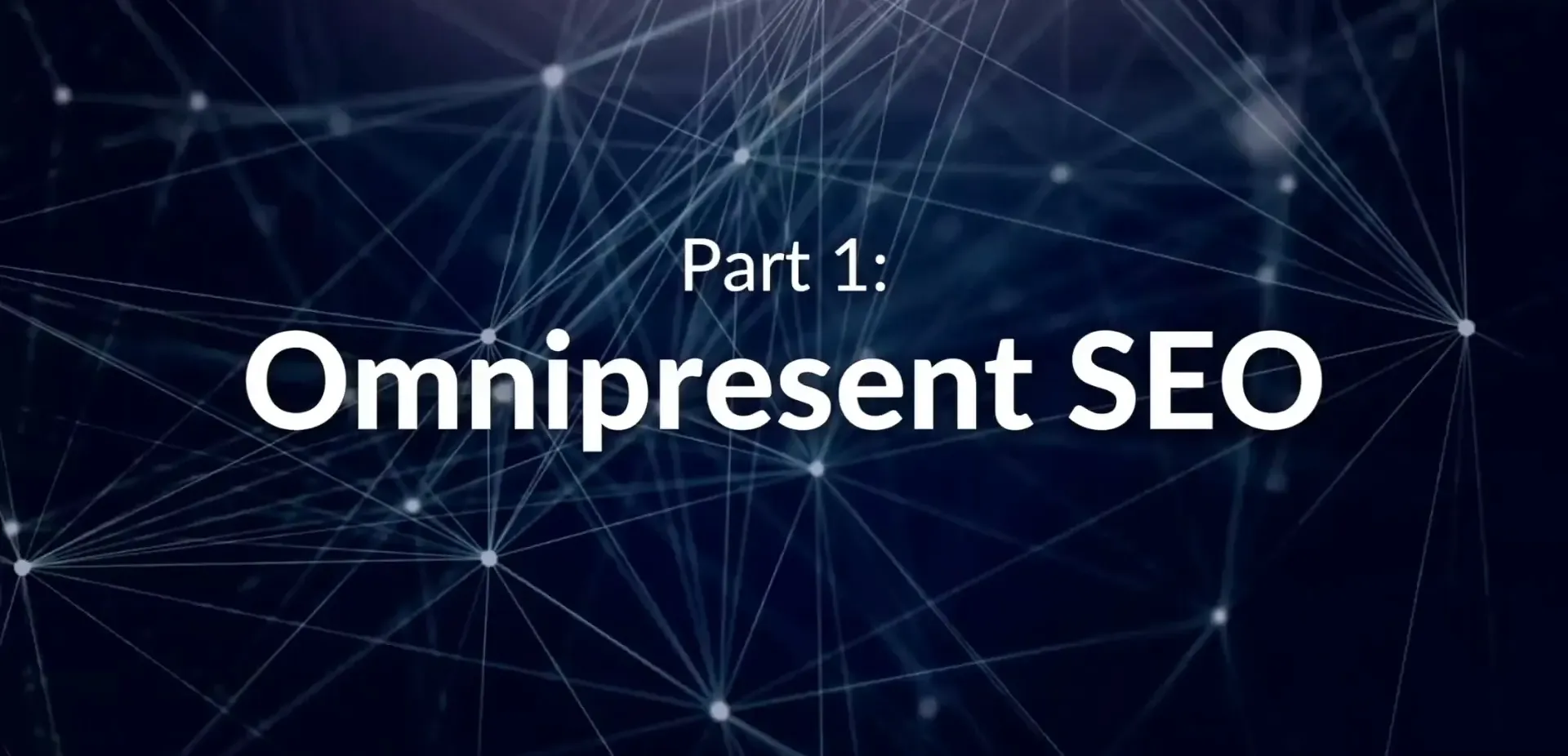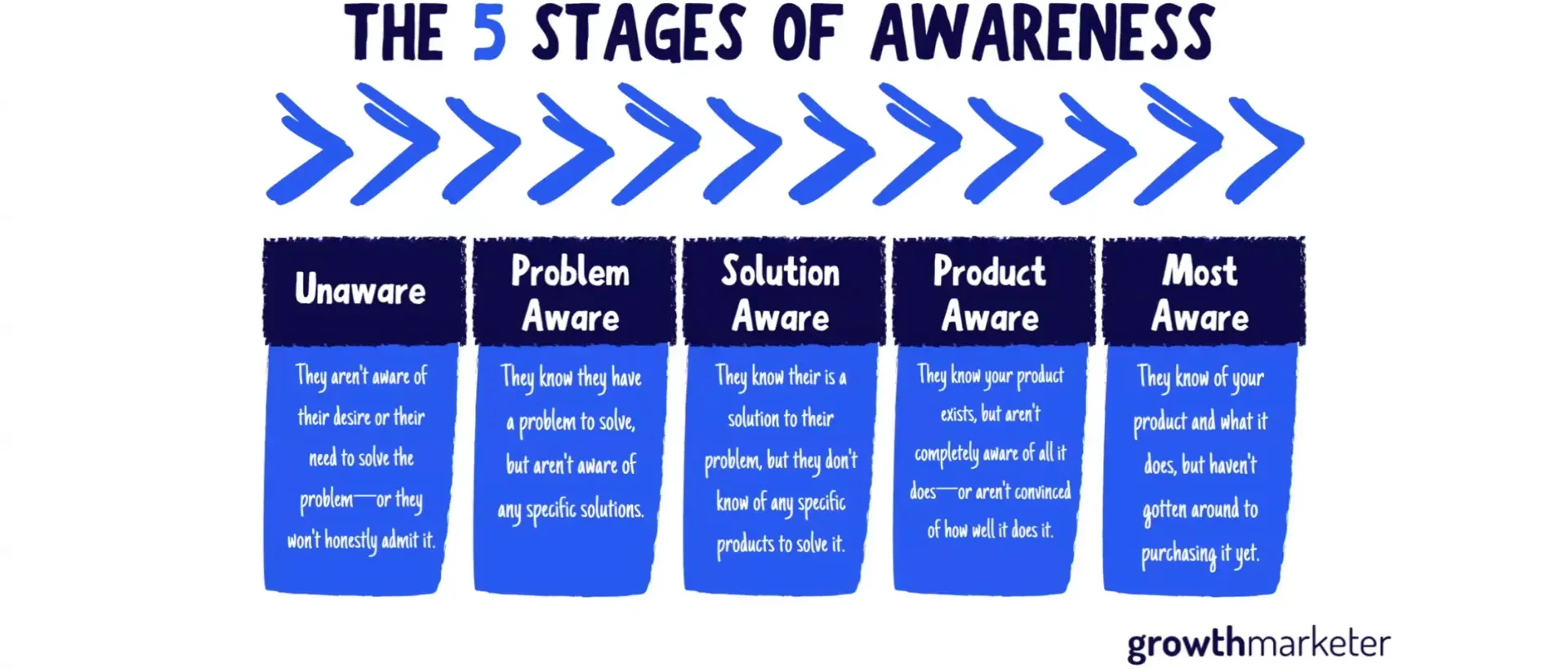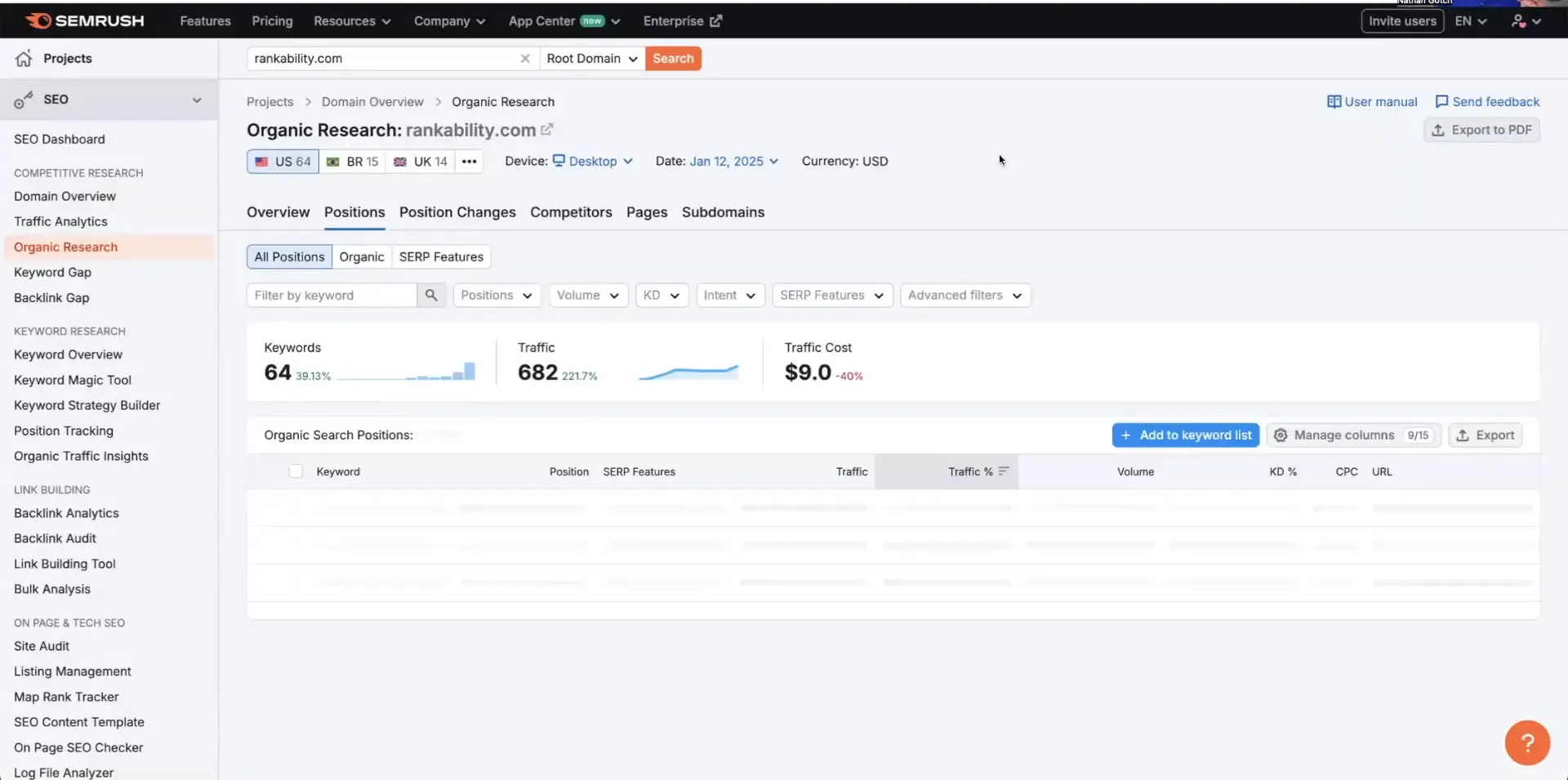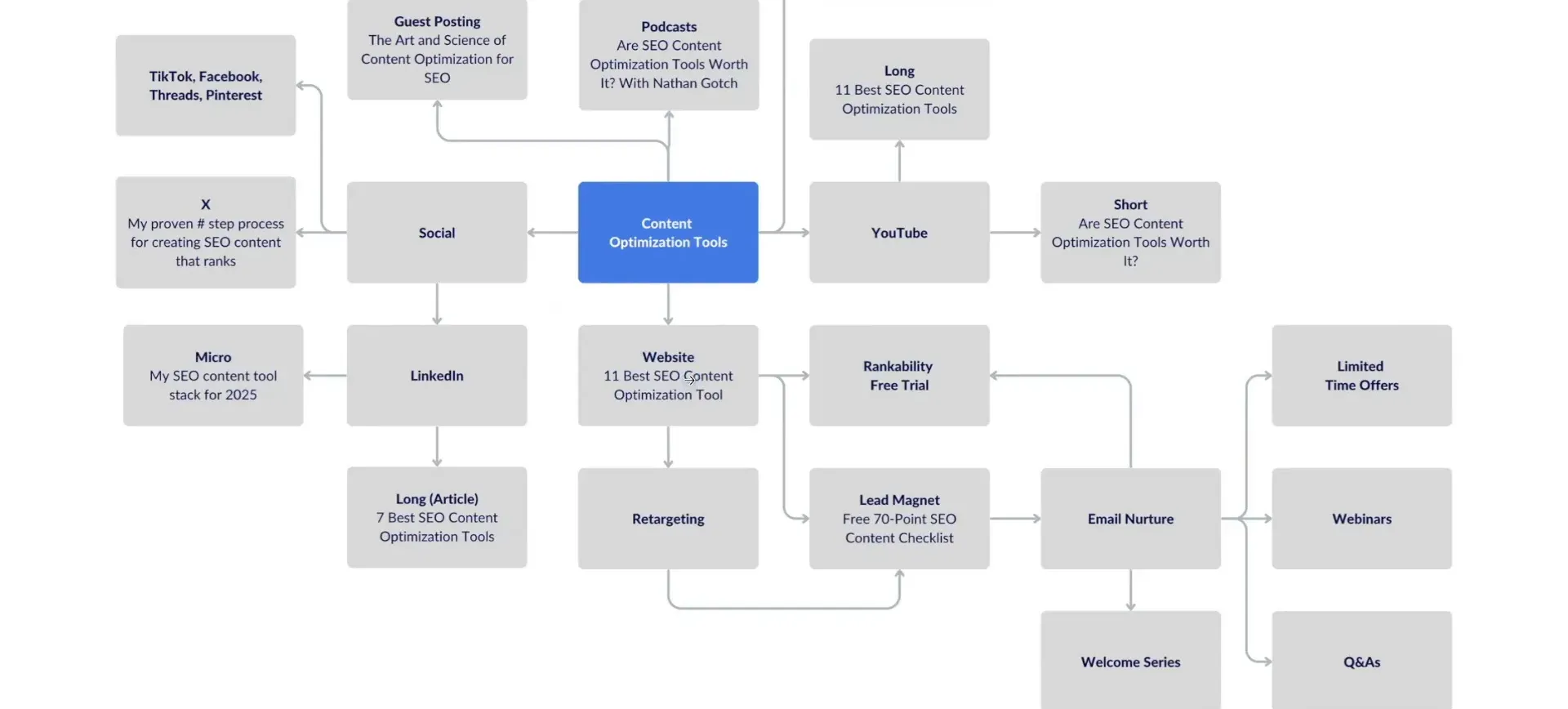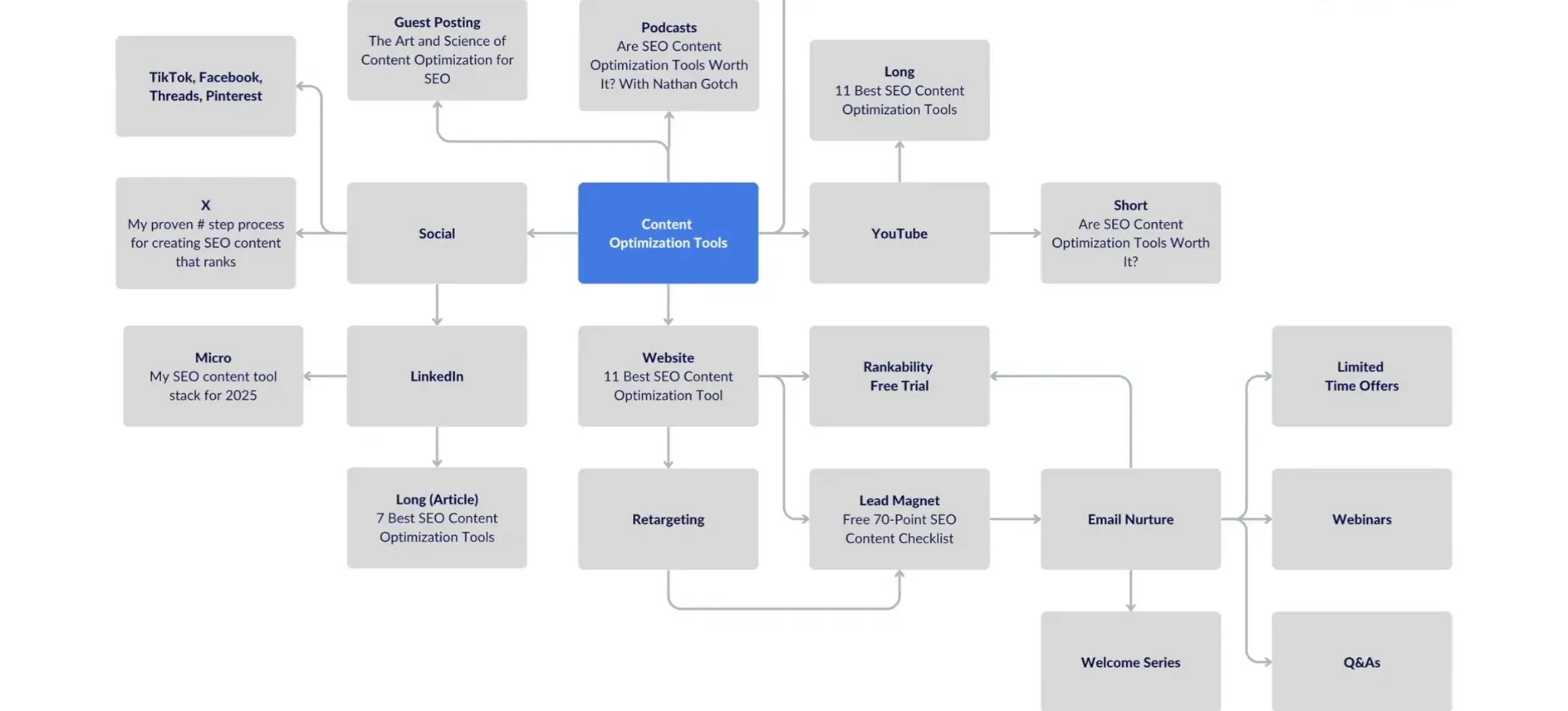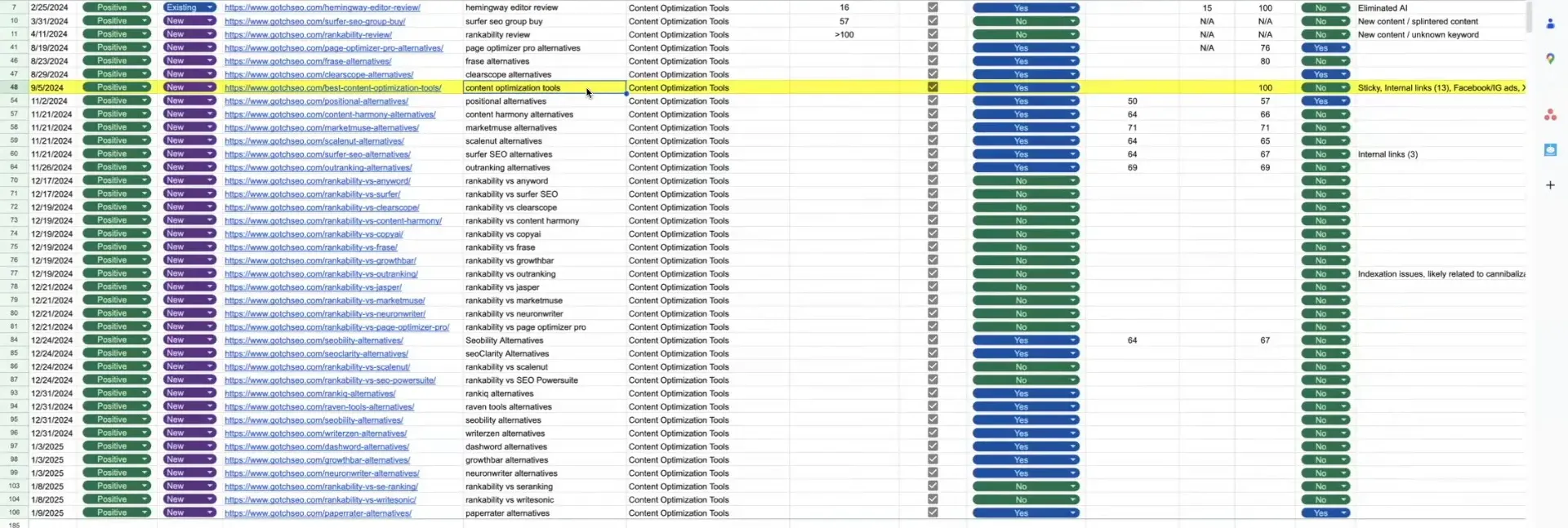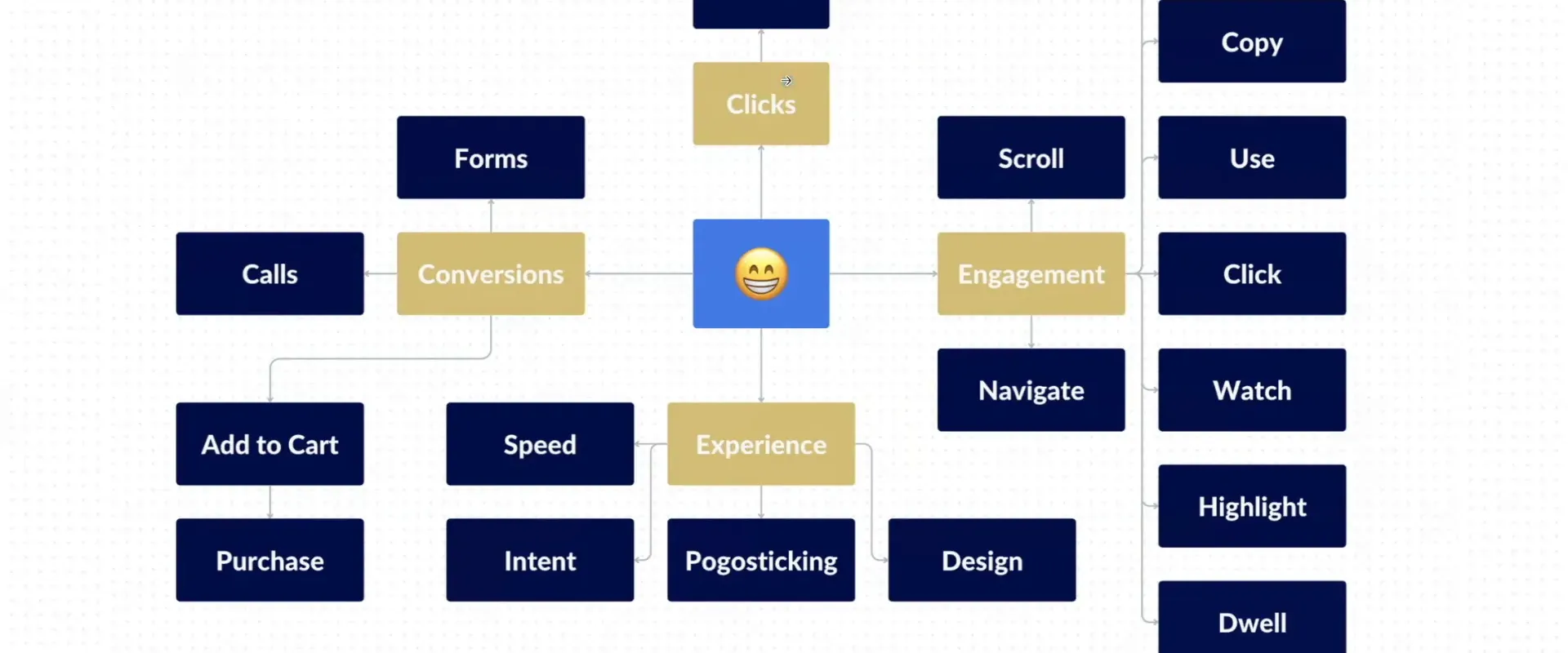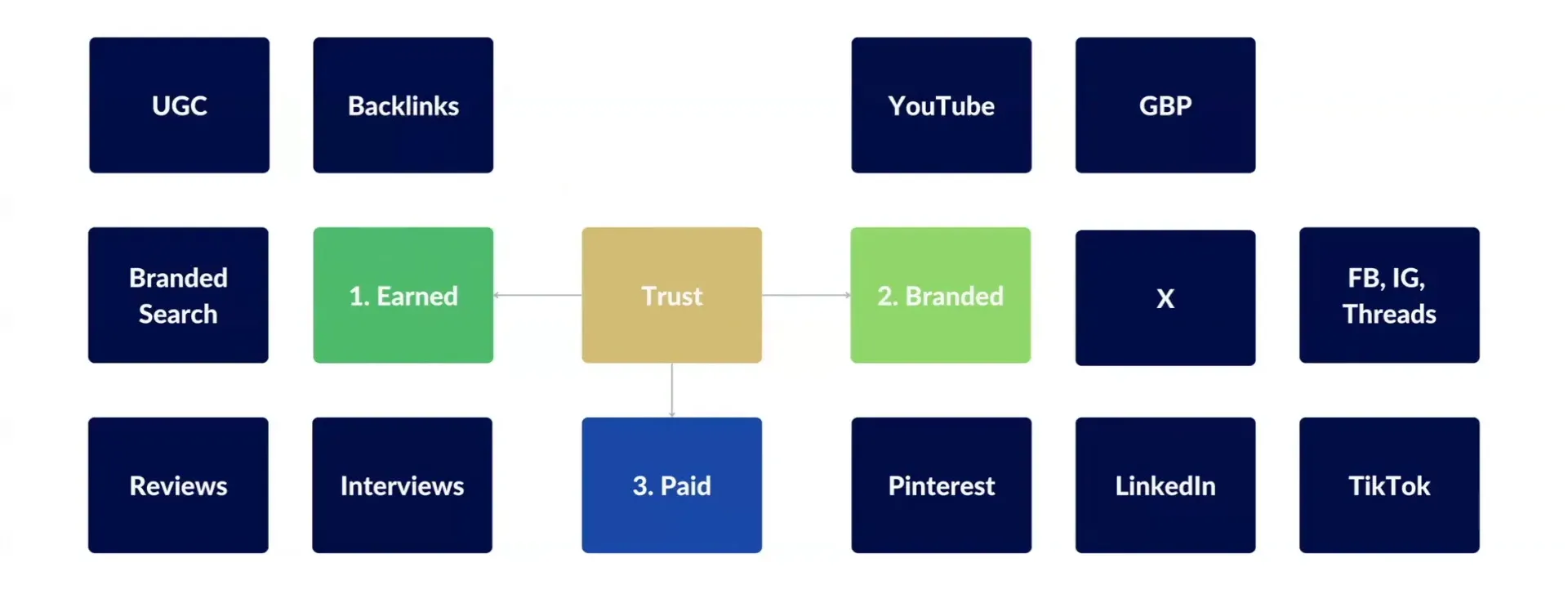As we move towards 2025, the landscape of SEO is evolving rapidly, and understanding how to leverage AI within your SEO strategy is crucial for marketers. This blog will explore five essential strategies to help you master the art of SEO in an AI-driven world, ensuring you stay ahead of the competition.
Table of Contents
- Understanding Omnipresent SEO
- Mastering Topic Domination
- Fostering Human Happiness
- Building Trust Signals
- The Future of SEO and AI
- FAQ
Understanding Omnipresent SEO
Omnipresent SEO has transformed the way we approach search engine optimization. It’s no longer sufficient to focus solely on Google as the dominant search engine. In today’s digital landscape, a robust SEO strategy must encompass multiple platforms to effectively reach and engage audiences.
To kickstart your omnipresent SEO efforts, identify the core problem your business solves. For instance, if your focus is content optimization, this will be your primary area of authority. Concentrate on one to three key problems that are significant to your business or your clients’ needs, and ensure that your content speaks directly to these issues.
Next, it’s crucial to grasp the five stages of customer awareness. Understanding where your potential customers fall within these stages allows you to tailor your content and keywords effectively. Traditionally, these stages range from ‘unaware’ to ‘most aware.’ However, it’s often more profitable to concentrate your resources on the ‘most aware’ stage, where users are closer to making a purchasing decision.
Utilizing a color-coded system can help visualize these stages, with ‘red’ indicating hot leads ready to convert and progressively cooler colors representing users further from a purchasing decision. Start by dominating the most aware stage before gradually addressing the other stages. This strategic focus ensures that your SEO efforts yield the best possible results.
Once you’ve established your core problem and awareness stages, it’s time to generate content ideas. Techniques such as utilizing ChatGPT can be beneficial. By inputting prompts related to your core topic, you can generate valuable content ideas that can drive revenue. However, remember that while these tools can provide initial ideas, they should not replace traditional keyword research.
Another effective method is to analyze your existing keywords using tools like Semrush. By exporting your current keyword data, you can identify gaps in your content and areas where you can improve your authority. This process helps you create a strong keyword map to guide your content strategy.
Mastering Topic Domination
Mastering topic domination is essential for establishing authority in your niche. This strategy goes beyond just being knowledgeable about your topic; it requires a comprehensive approach to dominate the conversation around it. Begin by selecting a core topic, such as “content optimization tools,” and develop a robust content strategy around it.
Your content strategy should start with creating a pillar piece on your website. This foundational content serves as the central hub for all related topics and supporting articles. Ensure that this piece is detailed and informative, as it lays the groundwork for your overall SEO strategy. If you need a SEO strategy for 2025 be sure to connect with us at https://digitalreach.co/.
From this pillar content, branch out to create supporting pieces. This may include blog posts, videos, and social media content that all relate back to your core topic. Aim to create a comprehensive network of content that interlinks and drives traffic back to your main article.
In addition to creating content, consider leveraging platforms like YouTube for long-form content and social media for micro-content. This multi-channel approach increases your visibility and helps establish your brand across various platforms. You can repurpose content for different formats, ensuring that your message reaches a broader audience.
Outreach is another critical component of mastering topic domination. Engage with other content creators and websites that discuss similar topics. Collaborating through guest posts, podcast interviews, or joint content initiatives can help expand your reach and enhance your authority.
Finally, continually assess and refine your content strategy. Track engagement metrics and user feedback to identify what works and what doesn’t. This iterative process allows you to adapt your strategy for maximum impact, ensuring that you stay ahead of competitors who may not be as diligent.
Fostering Human Happiness
Fostering human happiness on your website is crucial for long-term SEO success. The first interaction a user has with your content is through search results. Therefore, optimizing for click-through rates (CTR) is essential. If your CTR is significantly lower than expected, it signals to Google that your content may not be relevant, which can adversely affect your rankings.
To improve engagement, focus on creating content that resonates with your audience. This includes incorporating multimedia elements like videos, infographics, and interactive features that encourage users to engage with your content. The more interactions a user has on your page, the better the signals you send to search engines.
User experience also plays a vital role. Ensure your website loads quickly, is easy to navigate, and matches the intent of the keywords you are targeting. If users find what they expect when they click on your link, they are more likely to stay longer and explore more of your site.
Moreover, consider the design and readability of your content. If users can’t easily digest the information you’re presenting, they may leave your page, which negatively impacts your engagement metrics. Regularly analyze user behavior on your site using tools like Google Analytics or Hotjar to identify areas for improvement.
Lastly, conversions are the ultimate goal. Define what a conversion means for your business—whether it’s signing up for a newsletter, starting a free trial, or making a purchase. Track these conversions and leverage insights to refine your content and marketing strategies further.
By focusing on these aspects, you can create a more engaging experience for your audience, ultimately improving your SEO performance and fostering a loyal customer base.
Building Trust Signals
Trust signals are vital for establishing credibility and authority online. While we often focus on optimizing our website and content, it’s equally important to consider what happens off-site. Trust signals encompass everything from earned media to user-generated content (UGC) that can significantly influence your brand’s perception.
Earned Media
Earned media is arguably the most powerful trust signal. This includes backlinks, public relations efforts, and media coverage. When your brand is mentioned or featured in reputable sources, it enhances your credibility. Focus on acquiring backlinks from authoritative sites, which serve as endorsements of your content and improve your SEO performance.
User-Generated Content
User-generated content (UGC) is another critical aspect. This can be in the form of reviews, testimonials, or social media mentions where users share their experiences with your products or services. Encouraging customers to leave reviews on platforms like Google Business Profile can significantly impact your local SEO and brand trust.
Branded Searches
Branded searches indicate that people are actively looking for your brand. When users search for your brand name, it reflects positively on your visibility and reputation. The goal is to generate interest in your brand that leads users to search for you directly, whether on Google or other platforms.
Branded Assets
Branded assets, such as your Google Business Profile or social media accounts, are crucial for establishing a presence. However, it’s essential to remember that these are rented properties—you don’t own them. Your email list and website are the only truly owned assets. Therefore, prioritize building and maintaining your email list as it provides stability and security for your business.
Paid Media
While earned media is vital, paid media can also contribute to building trust. Strategic investments in advertising can amplify your reach and enhance your brand’s visibility. If your content is engaging and resonates with your audience, it can lead to organic earned media as well.
The Future of SEO and AI
The intersection of SEO and AI presents exciting opportunities and challenges. As search engines evolve, understanding how AI impacts SEO strategies is crucial for staying competitive.
AI-Powered Search
AI technologies are increasingly influencing how search engines rank content. Search algorithms are becoming more sophisticated, utilizing machine learning to understand user intent and context better. This means that optimizing for AI requires a more nuanced approach, focusing on providing high-quality, relevant content that meets user needs.
Content Creation and Optimization
AI tools can assist in content creation and optimization, enabling marketers to generate data-driven insights and improve their strategies. However, it’s essential to balance automation with human creativity to maintain authenticity and engagement. The goal is to leverage AI to enhance, not replace, human input in the content creation process.
Personalization and User Experience
As AI continues to shape user experiences, personalization will play a key role in SEO. Tailoring content and experiences to individual preferences can enhance engagement and conversion rates. Utilizing AI analytics can help identify user behaviors, allowing brands to deliver more relevant content to their audiences.
FAQ
What are trust signals, and why are they important?
Trust signals are indicators that establish credibility and authority for your brand. They are essential because they influence customer perception and can significantly impact SEO performance and conversion rates.
How can I improve my earned media presence?
Focus on acquiring backlinks from reputable sites, engaging in public relations efforts, and creating shareable content that encourages others to link back to you. Collaborating with influencers can also enhance your earned media presence.
Is user-generated content effective for SEO?
Yes, user-generated content can improve SEO by increasing engagement and providing fresh content that resonates with your audience. It also serves as social proof, enhancing trust in your brand.
How does AI affect SEO strategies?
AI influences SEO by enabling more sophisticated search algorithms that prioritize user intent and context. It also provides tools for content optimization and personalization, allowing brands to deliver more relevant experiences.
What should I focus on for future SEO strategies?
Focus on creating high-quality, user-centric content, building trust signals, and leveraging AI tools for optimization. Additionally, stay informed about changes in search engine algorithms and adapt your strategies accordingly.
